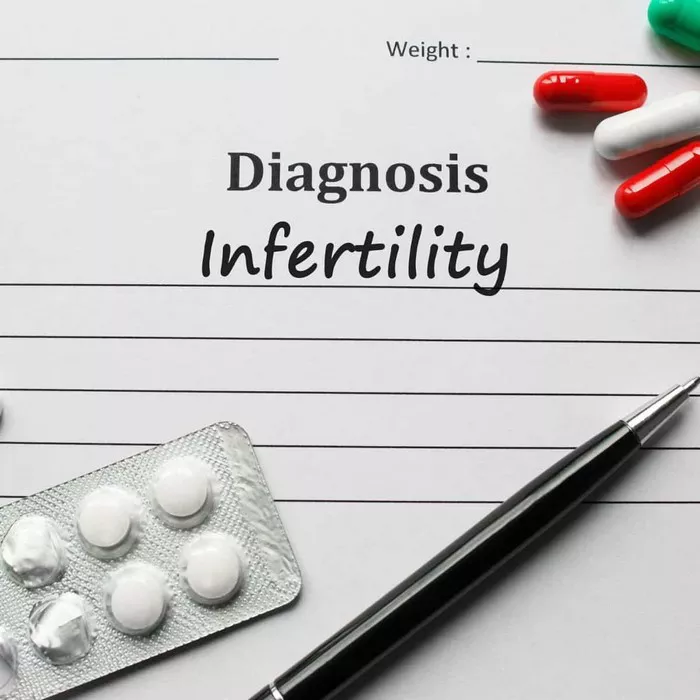Male fertility is intricately tied to the production and health of sperm. Sperm production occurs within the testes in a process called spermatogenesis, where specialized cells undergo meiosis to produce sperm cells. These sperm cells, once matured, are capable of fertilizing a female egg, thus initiating the process of conception. The health of sperm is crucial for successful fertilization and subsequent embryo development. This encompasses factors such as sperm count, motility (movement), morphology (shape), and overall genetic integrity.
Age-Related Changes
While men can remain fertile for much of their lives, there is a gradual decline in fertility that typically begins around the age of 40 to 45. This decline is attributed to various factors, including changes in hormone levels, decreased sperm quality, and increased DNA damage in sperm. Research indicates that as men age, there is a decline in both sperm count and motility, making it more difficult for sperm to reach and fertilize an egg. Furthermore, older men are more likely to experience erectile dysfunction and other health issues that can impact fertility.
Sperm Quality and Quantity
As men age, sperm quality and quantity may undergo significant changes. Studies have shown that older men tend to have lower sperm counts and decreased sperm motility compared to younger men. Additionally, there is an increased risk of sperm DNA fragmentation and genetic abnormalities in older men, which can negatively affect fertility and increase the risk of miscarriage or birth defects in offspring. These age-related changes in sperm can make it more challenging for couples to conceive naturally.
Genetic Risks
Advanced paternal age has been associated with an increased risk of genetic abnormalities in offspring. As men age, there is a higher likelihood of mutations occurring in sperm cells, which can lead to chromosomal abnormalities such as Down syndrome and other genetic disorders. Research suggests that the risk of certain genetic conditions, including autism and schizophrenia, may also be higher in children born to older fathers. Therefore, it is essential for couples considering parenthood at an older age to be aware of these potential risks and consult with a healthcare provider for genetic counseling.
Health and Lifestyle Factors
Various health and lifestyle factors can impact male fertility, regardless of age. Maintaining a healthy diet, regular exercise routine, and a moderate alcohol intake can help support overall reproductive health. Avoiding tobacco smoke, illicit drugs, and excessive alcohol consumption is also crucial, as these substances can have detrimental effects on sperm production and quality. Additionally, managing stress levels and maintaining a healthy weight can contribute to optimal fertility outcomes. Couples trying to conceive should also be mindful of environmental factors such as exposure to toxins and pollutants, which can negatively affect sperm production.
Medical Assistance
For couples experiencing age-related infertility, medical interventions such as in vitro fertilization (IVF) can offer hope for conception. IVF involves fertilizing an egg with sperm outside the body in a laboratory setting, and then implanting the resulting embryo into the woman’s uterus. This assisted reproductive technology can overcome various fertility challenges, including low sperm count, poor sperm motility, and genetic abnormalities in sperm. Additionally, techniques such as intracytoplasmic sperm injection (ICSI) can be used to directly inject a single sperm into an egg, bypassing natural barriers to fertilization.
Statistics and Studies
Numerous studies have investigated the impact of advanced paternal age on male fertility and offspring health. A study published in the journal Human Reproduction found that men over the age of 40 had significantly lower sperm counts and higher rates of DNA fragmentation compared to younger men. Another study, published in JAMA Psychiatry, reported an association between advanced paternal age and an increased risk of autism spectrum disorders in offspring. These findings underscore the importance of considering age-related factors when assessing male fertility and reproductive outcomes.
Conclusion
In conclusion, while men can remain fertile for much of their lives, there is a gradual decline in fertility that typically begins around the age of 40 to 45. Age-related changes in sperm quality and quantity, along with an increased risk of genetic abnormalities, can make it more challenging for couples to conceive naturally as they get older. However, advancements in reproductive medicine, such as IVF, offer opportunities for couples to overcome age-related infertility and achieve their dream of parenthood. By understanding the factors that influence male fertility and making informed lifestyle choices, couples can optimize their chances of conceiving and having a healthy baby, regardless of age.
























